YouTube, one of the biggest content creation platforms on the market, has announced it will experiment with the use of artificial intelligence to better help its creators develop new content. In the short term, the AI will work with video creators to assist in generating ideas for videos.
Announced on May 3 via Google’s YouTube test features and experiments blog, this tool aims to help small content creators pitch AI topics and then develop a potential video idea, providing additional context on how the creator can enhance audience reception. Google is trying to help smaller creators understand their audiences better by making the target content that could help the creator gain more views and engagement.
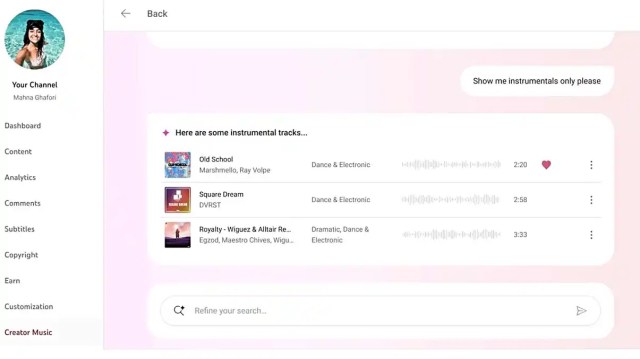
At the moment, this generative AI will only be available for channels in English. To access this tool, the creator must navigate to YouTube Studio, then Analytics, and finally Research on Desktop. The tool will reveal what kind of content viewers want to see more of in videos, especially for the creator’s audience. There is no way to apply for use of this generative AI: Creators are chosen randomly, and it only applies to English speakers—it appears to be in a beta state at this time.
The final goal is for creators to understand their audience and what they are looking for in a video. This was all described on the YouTube support page, which clarifies which users can access this technology. Another approach the AI will take is to brainstorm ideas that the creator has never used before in their channel. The goal is to produce more content within the creators’ existing themes, incorporating innovative ideas never seen in their channel before.
The content creator will also receive outlines and talking points to jumpstart the conversation and speed up the creative process that will result in a video. The creator has received several new tools to improve their content and reach new audiences.
The platform needs to compete with the ever-powerful TikTok, which is currently one of the most used social media platforms by people of all ages according to a Feb. 2024 report from Backlinko. After implementing YouTube Shorts in 2020 and 2021, the platform is trying to replicate the success of the Singaporean platform for “quick” videos and clips, to some success.
From writing songs to vocal manipulation and customizable avatars, AI is leaving its mark on the content creation space already, and with more time and study, we can expect even more ways for AI to be applied to YouTube in the not-too-distant future.


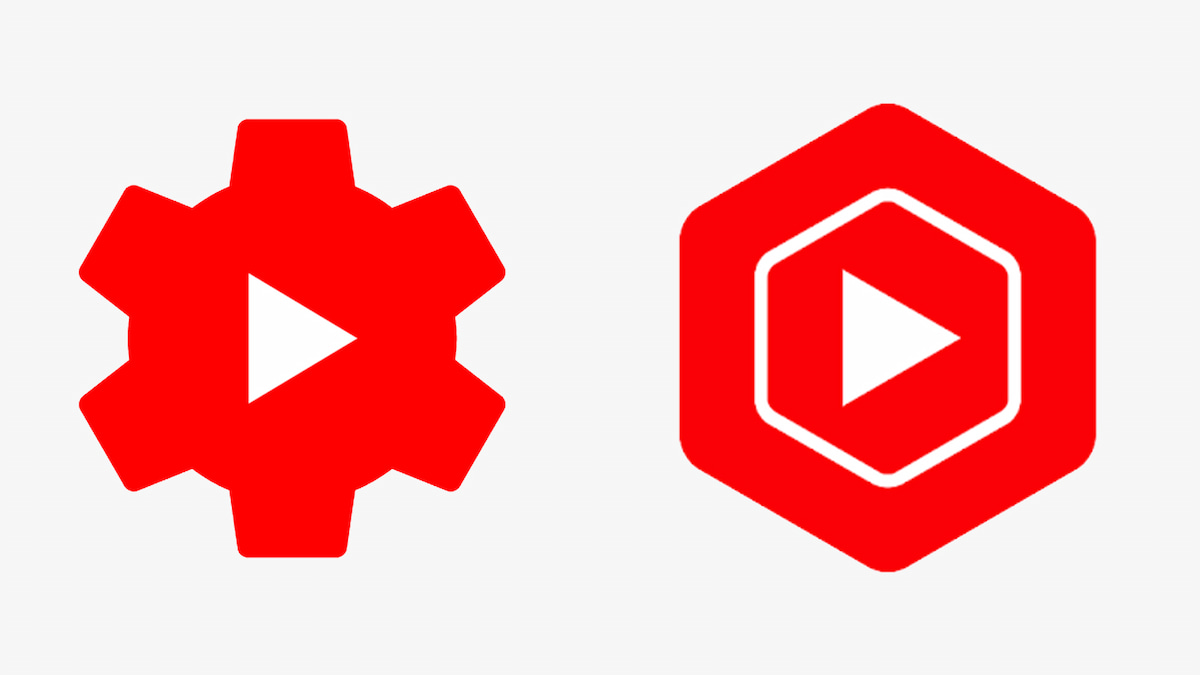
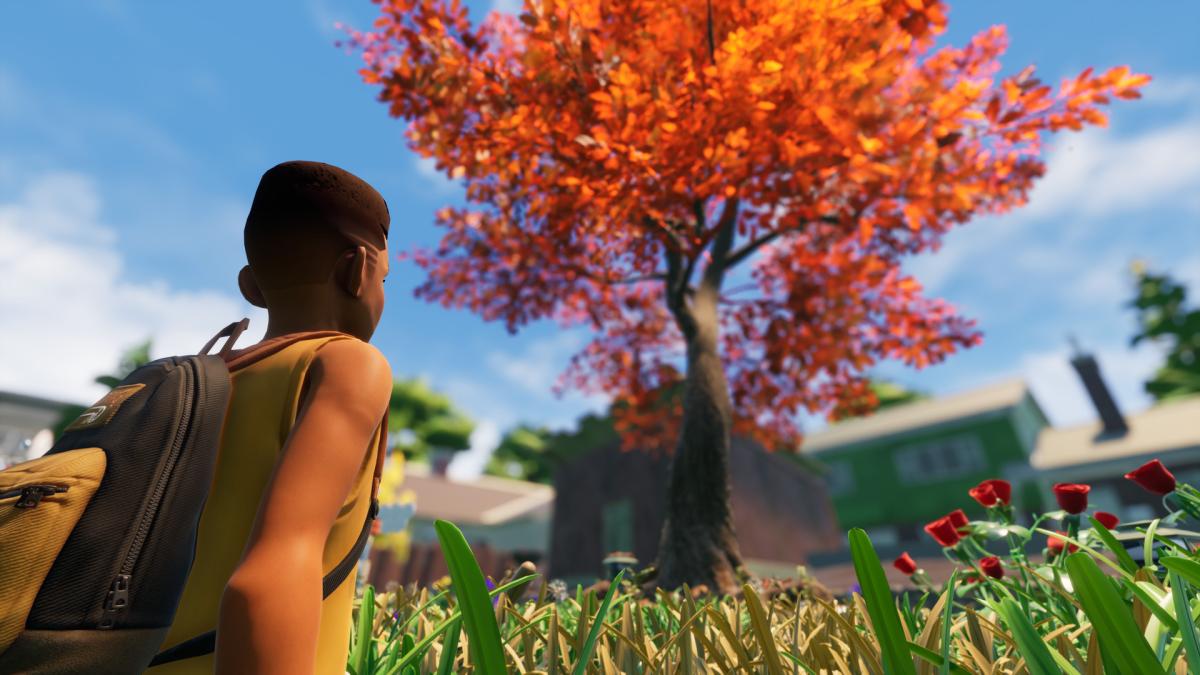
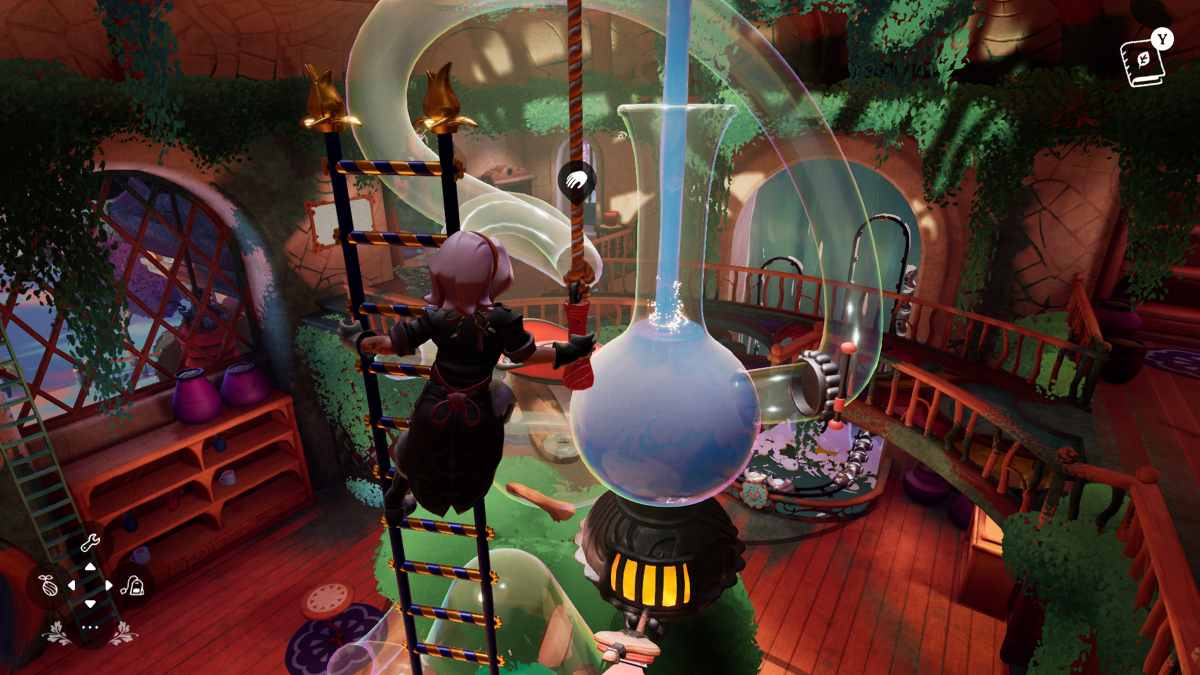
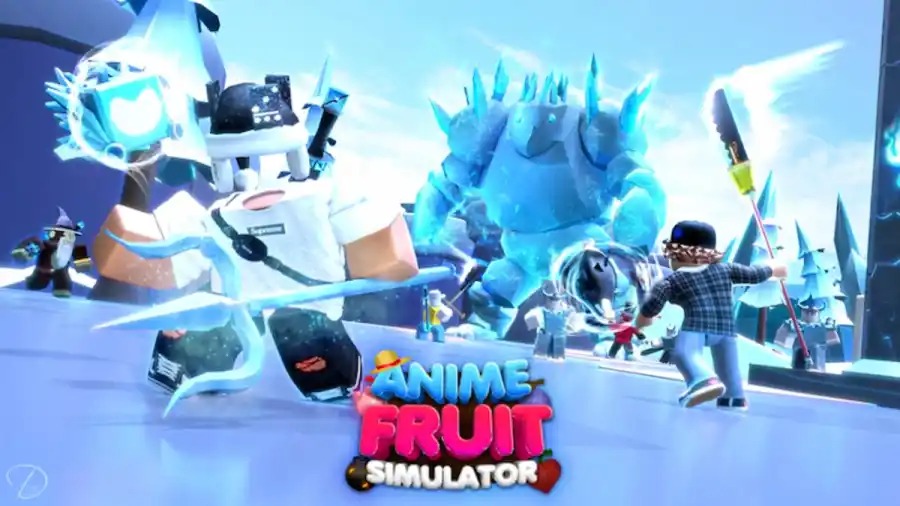
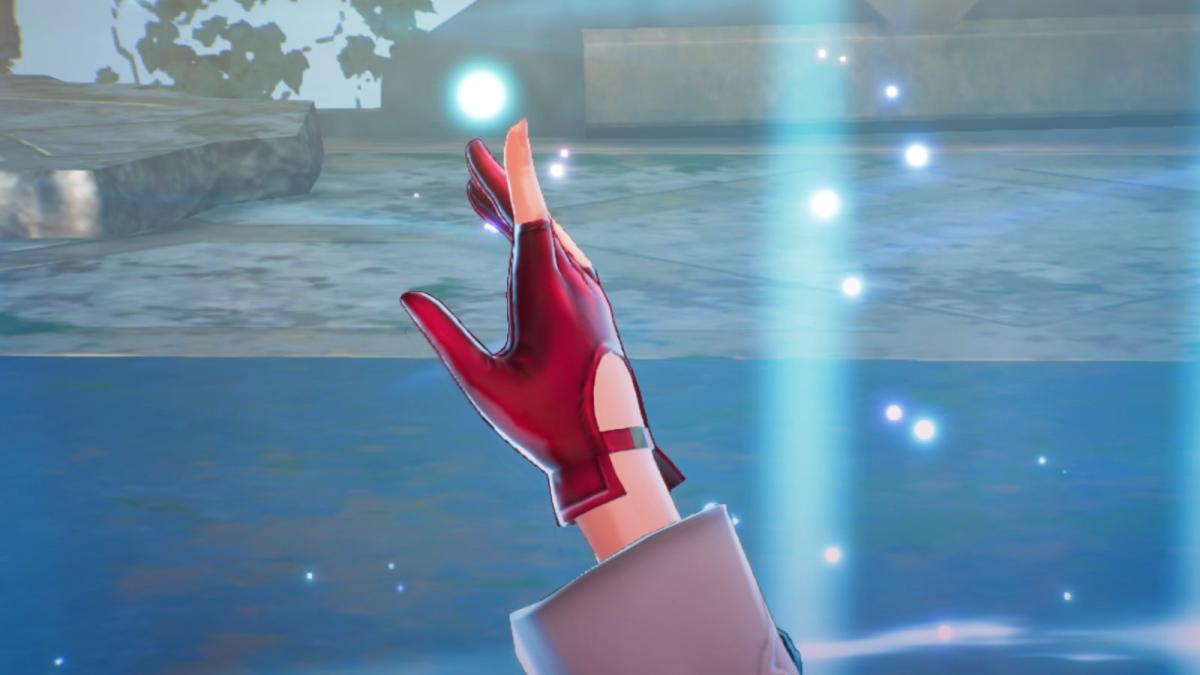

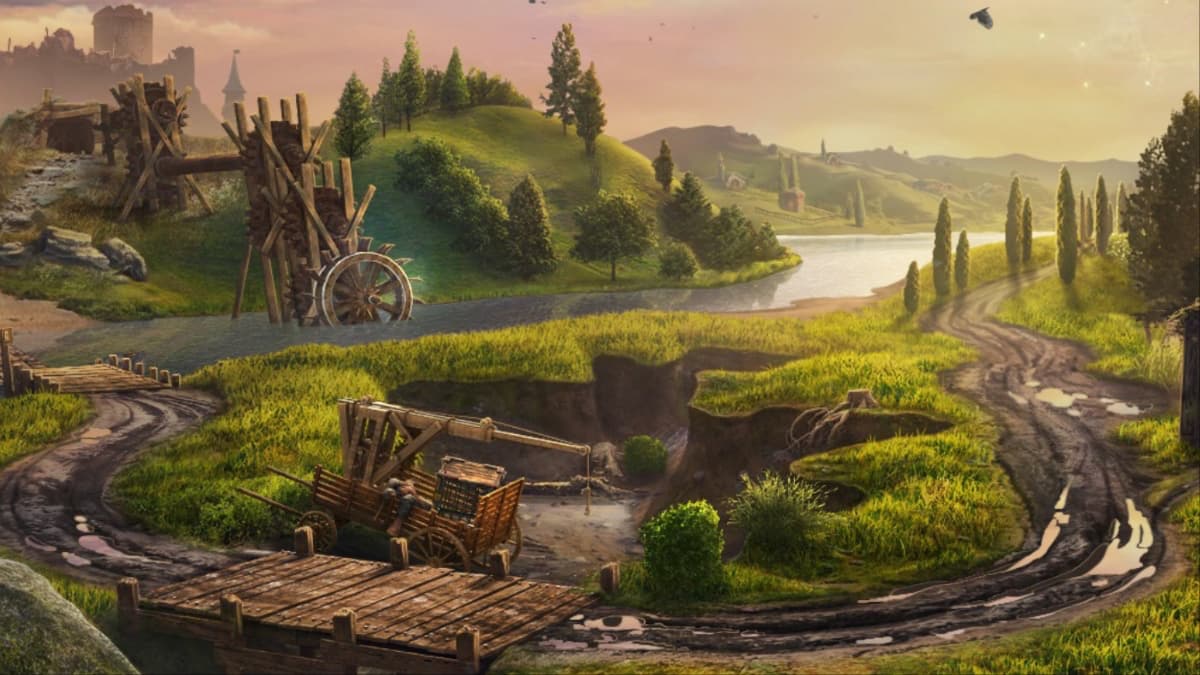

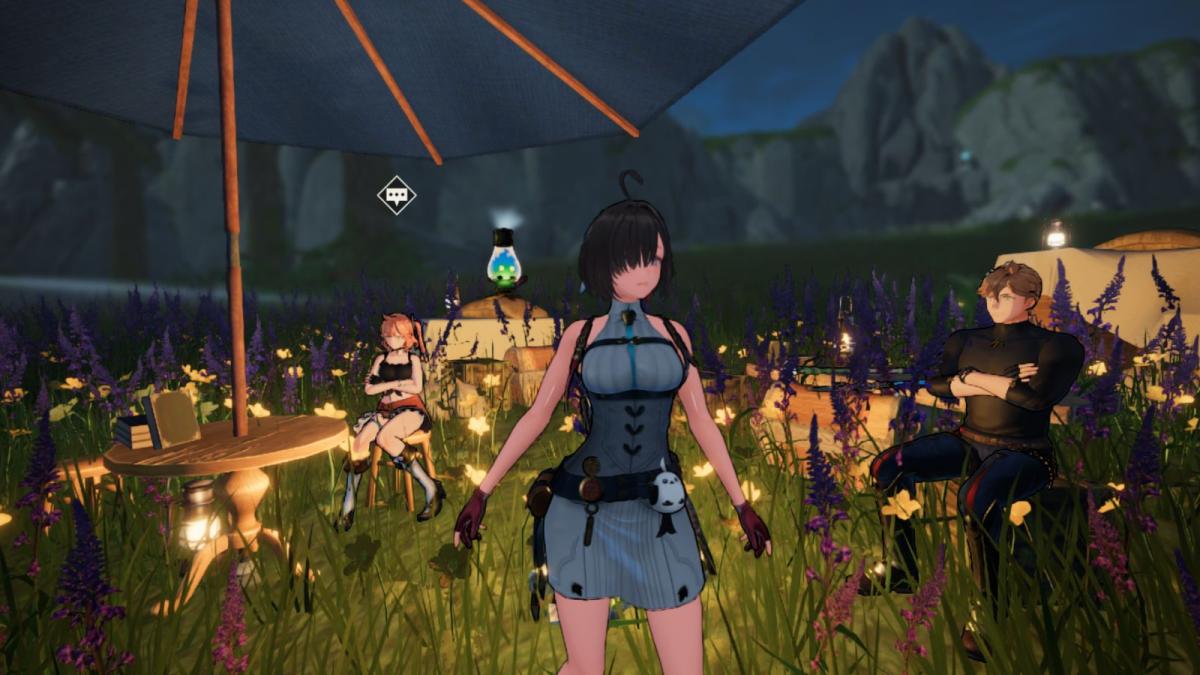
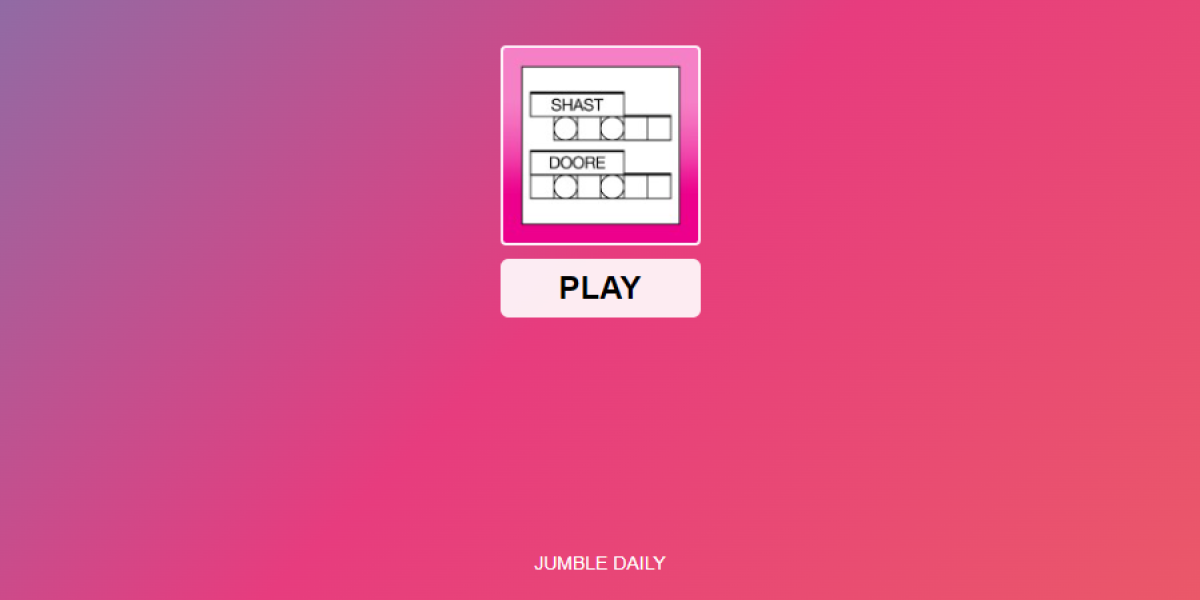
Published: May 3, 2024 09:18 pm